Introduction
Yes, dogs can eat pickles but in moderation and on infrequent occasions. This is because pickles are basically cucumbers, and as a veggie, they are low-calorie and health-boosting.
However, unlike raw cucumbers, pickles are preserved in salt-water brine and vinegar. Therefore, pickles are high in sodium, and their consumption needs to be adequately limited. Simply, put a bite or two every now and then is perfectly safe, but anything more than that is highly unadvisable.
Why are Pickles Good for Dogs?
Pickles have various health benefits for dogs. Plus, they are uniquely textured, and most dogs seem to be intrigued by the sour taste. Not to mention they are readily available year-round. Let’s go through the reasons pickles are good for dogs.
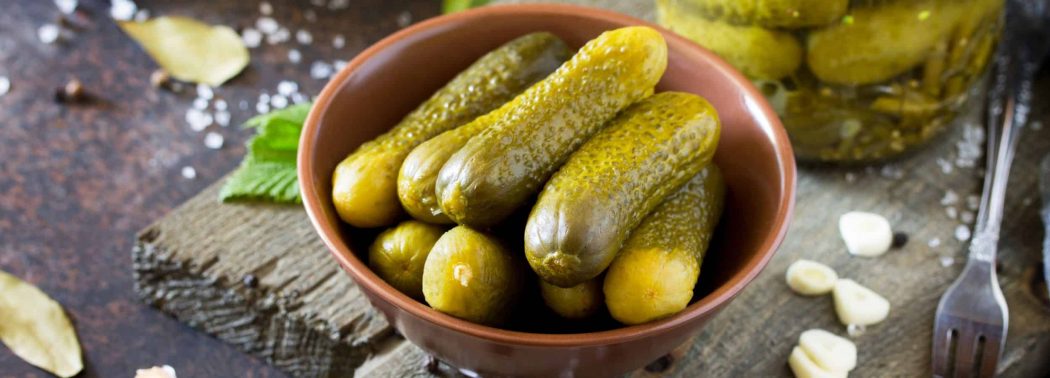
Rich Fiber Source
All fermented foods are rich in fiber. Dogs need fiber to maintain healthy digestion – feed the good bacteria in the gut and keep the bowels moving. Additionally, dietary fibers positively impact cardiovascular health and help maintain normal blood sugar and blood cholesterol levels.
Menu Variety
Some dogs are gulpers, while others are fussy eaters. The latter group is prone to becoming food bored if offered the same food every day. Using several pickle slices is an excellent way of adding variety to the menu.
Health-Boosting Dill
The traditional pickle recipe includes dill. Dill is a popular herb and is perfectly safe for dogs. In fact, it is beneficial – dill helps with digestion, makes the dog’s breath fresher, and is a powerful antioxidant.
Can Pickles be Bad for Dogs?
Yes, pickles can be bad for dogs. If given every day or in large amounts, pickles can definitely pose a danger.
This is because, same as all veggies and fermented foods, pickles are not part of the dog’s natural diet. So, before you make a mistake and misuse pickles, think about the following reasons pickles can be bad for dogs.
Too Much Salt
Salt is an essential ingredient when preparing fermented foods. Salt is also crucial for life but in small amounts. If present in excess, salt can cause dehydration in dogs, especially if they have a pre-existing kidney problem. Plus, too much salt may cause salt poisoning.
Garlic and Onion
Some pickles are enriched with garlic and onion – as spices or slices to boost the overall taste. Either way, garlic, and onion contain toxic compounds to dogs and cause red blood cell damage, which eventually culminates in anemia.
Mustard Seeds
Mustard seeds have a strong, unique taste and are frequently added to pickles. Keep in mind that mustard seeds are toxic to dogs and trigger a severe gastrointestinal irritation manifested with vomiting, diarrhea, abdominal pain, dehydration, and lack of appetite.
The Sugar Issue
Believe it or not, some pickle recipes include sugar. Manufacturers add sugar to make the taste contrast better. Sadly, this poses an issue for dogs, especially if the pickles are made with the artificial sweetener xylitol instead of regular sugar. Xylitol is highly toxic to dogs.
Hot Chili Peppers
Finally, there are hot pickle versions with added chili peppers. As a spice, chili is way too harsh to the dog’s sensitive stomach and wreaks havoc. In more severe cases, strong spices can even result in gastrointestinal ulcers.
How Many Pickles Can my Dog Eat?
Pickles are not an everyday food for dogs. To stay on the safe side and make sure you are giving the safe amount, stick to the serving size of half a middle-sized pickle for the average dog.
Obviously, bigger dogs can eat more – up to three-quarters, while you should not offer smaller pups more than one-quarter of a pickle. As for serving size, once per week is more than enough.
If pickles are new to the menu, start with a smaller serving size and gradually increase the amount (as long as the pickles agree with your dog’s stomach). If you have a young puppy, do not experiment with pickles or any other fermented food.
How to Prepare and Serve Pickles for Your Dog?
To ensure the pickles are dog-friendly, stick to plain varieties (or with dill) – no spices, no sugary version, no garlic, and onion cloves and powders. It is even better if you can make the pickles at home – that way, both you and your dog will be able to enjoy pickles with proven ingredients.
Once the pickles are made or bought, you need to prepare them properly. Choose a medium-sized pickle and put it under running water. This will wash off some of the pickle juice, thus decreasing the salt levels.

After the pickle is thoroughly rinsed, you should cut the recommended serving size and chop it into small, bite-sized chunks. You can give the pieces to your dog as treats or mix the pickles with plain boiled white rice and chicken meat to make a complete meal.
Never give your dog an entire pickle, even if it is small. Dogs can be unpredictable, and when trying to gulp down the pickle, it can end up in the wrong pipe. Choking is an emergency, but luckily, it is preventable.
Summary
All in all, when it comes to pickles, the final verdict is paws up. Pickles are a dog-friendly menu addition as long as they are used correctly. By used correctly, we mean given seldom and in small amounts.
Be careful when feeding your dog pickles – stick to the feeding guidelines and make sure you pair this snack with an otherwise complete and balanced diet. Do not forget that dogs are carnivores and thrive on meat-based proteins.
Sources
- Paws Off Xylitol; It’s Dangerous for Dogs, FDA, 2021
- Pet Poison Control List – Salt, American College of Veterinary Pharmacists, 2018
- Benefits of High-Fiber Dog Foods, Katie Finlay, 2020
- A Tasty Herb, Dill Also Offers 3 Handy Health Benefits for Your Dog, Jessica Peralta, 2021
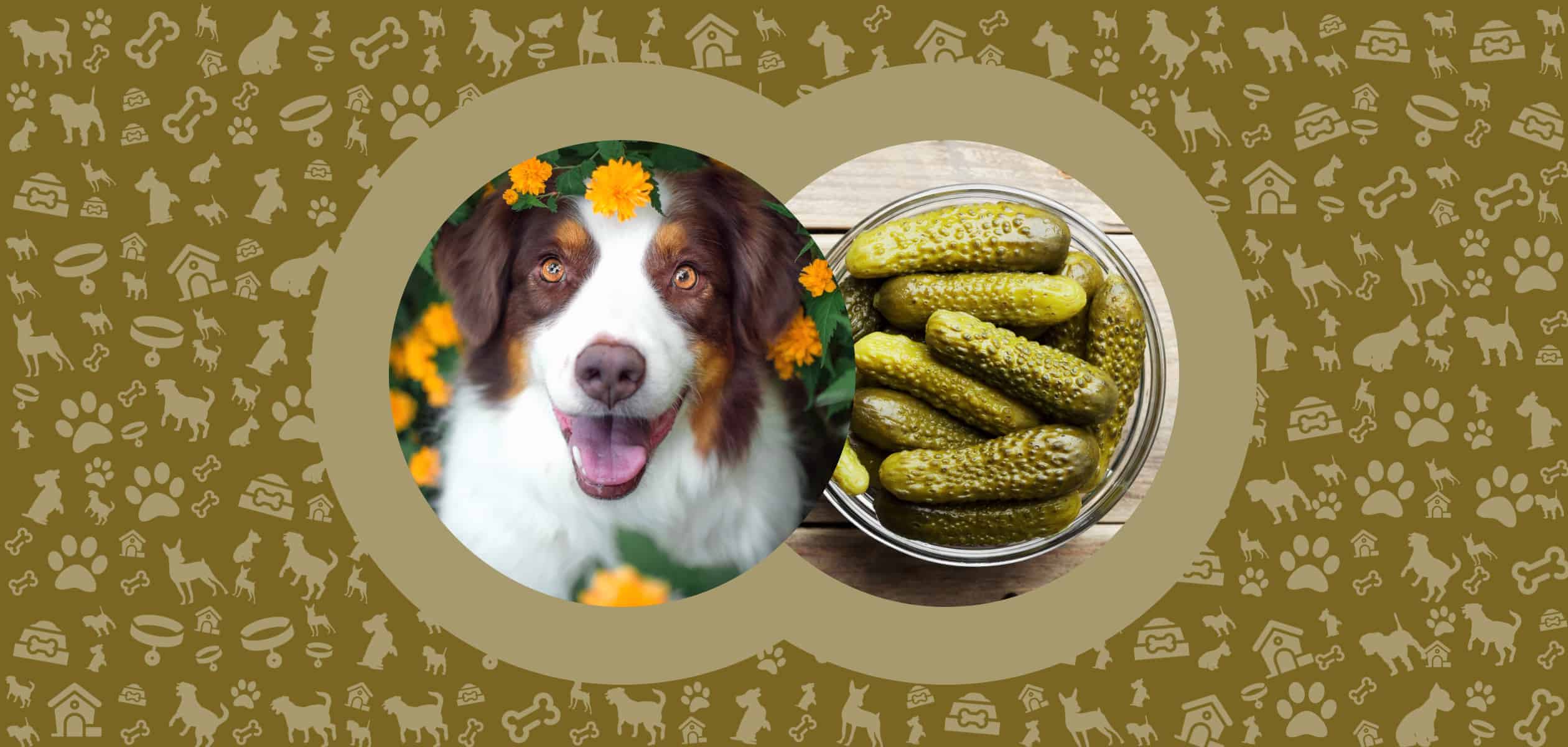
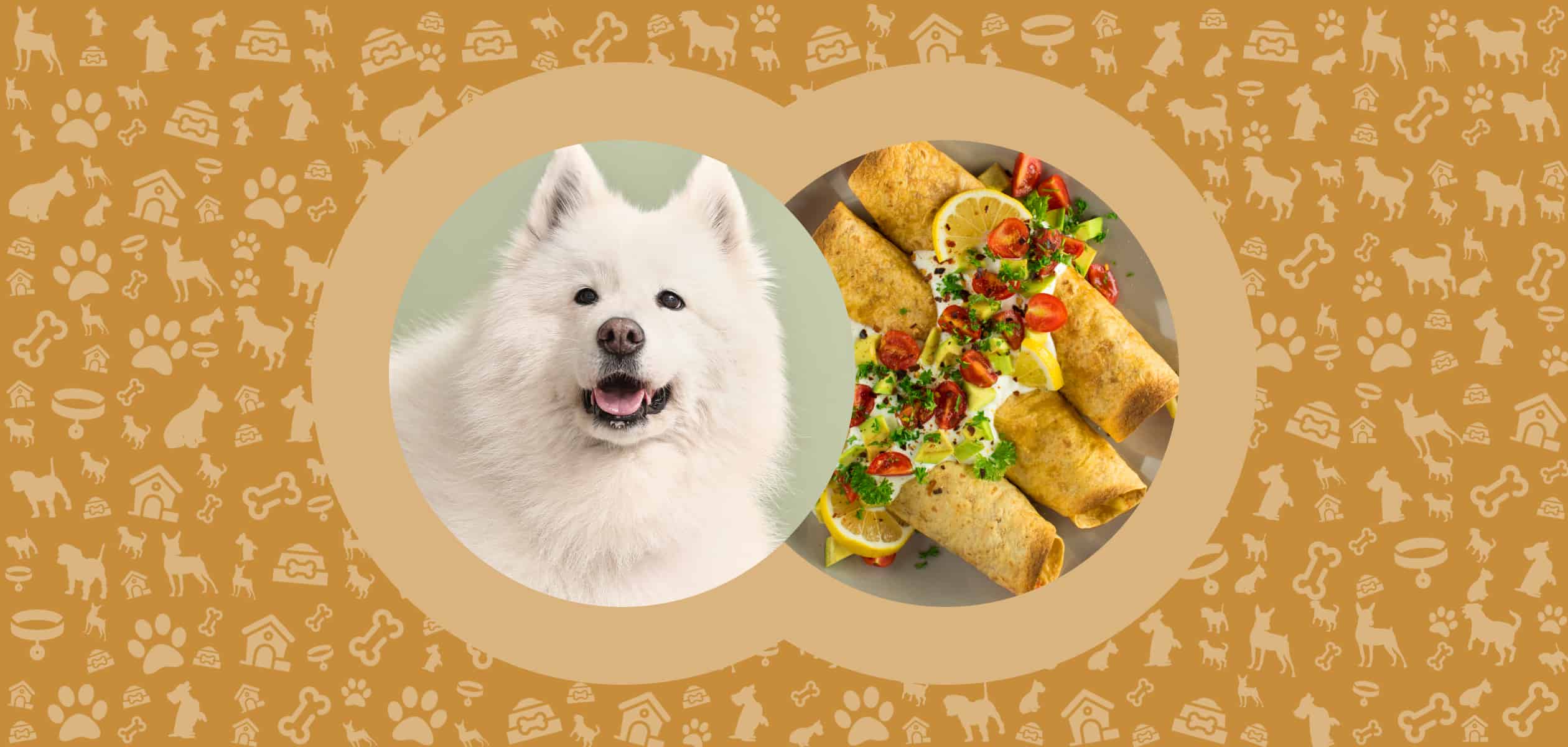
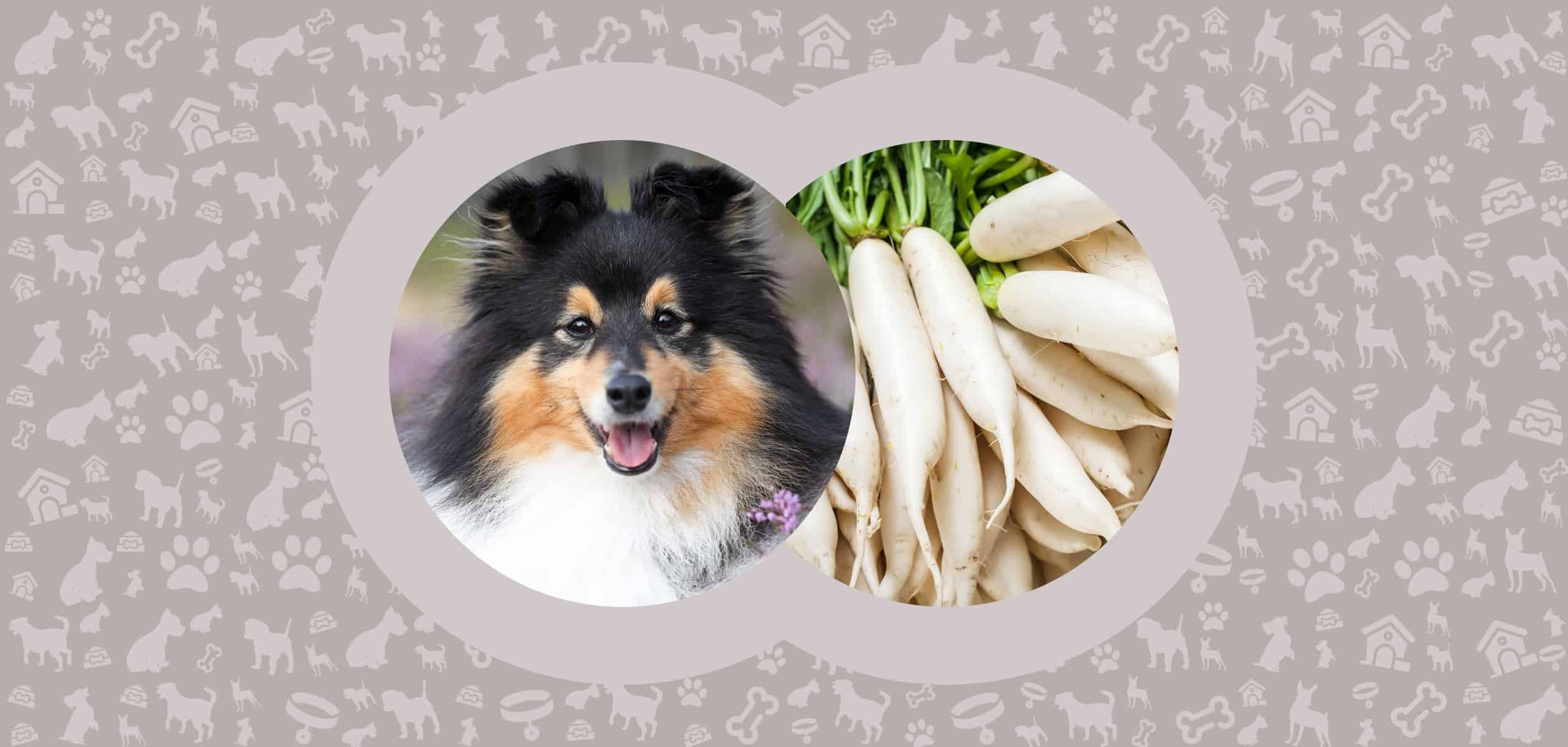
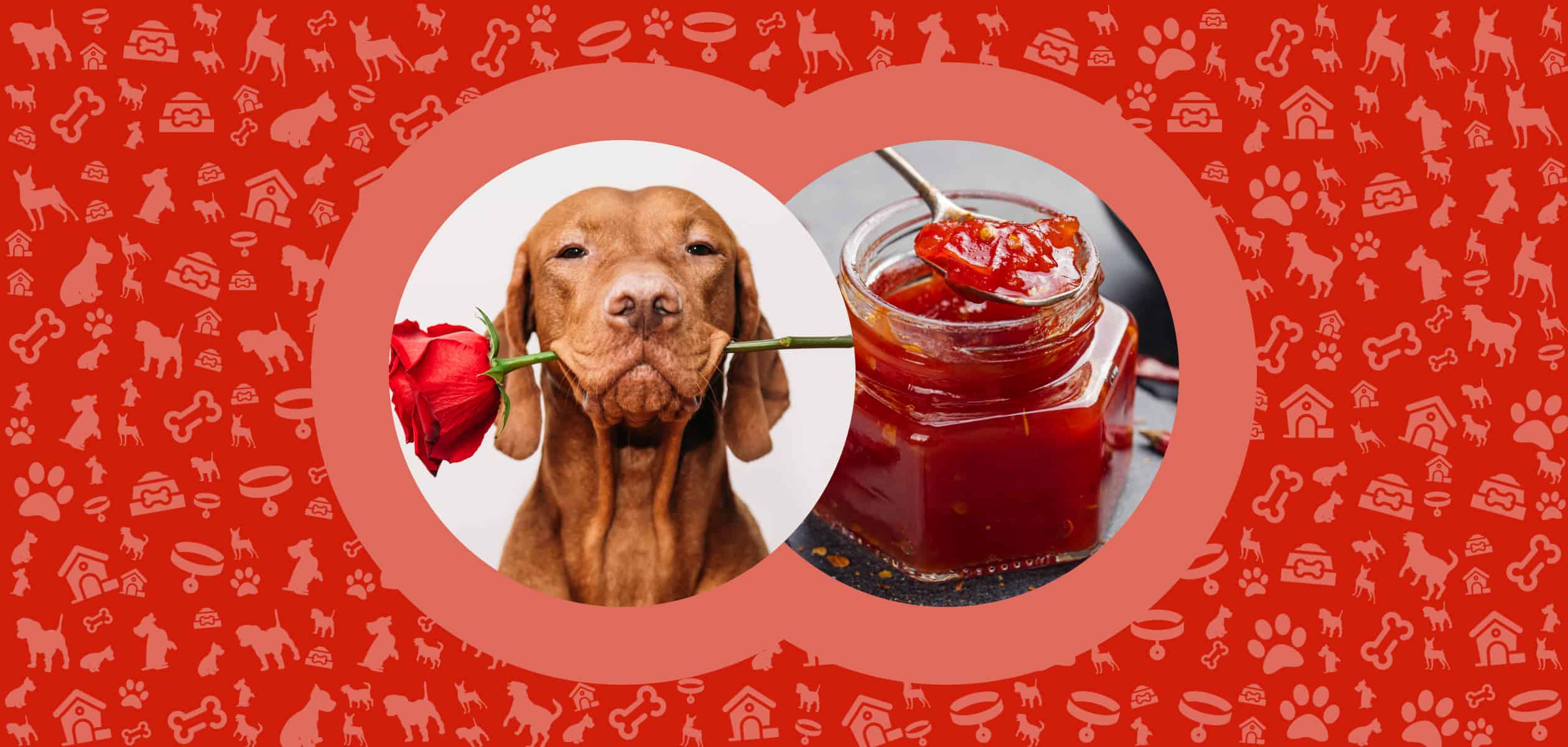
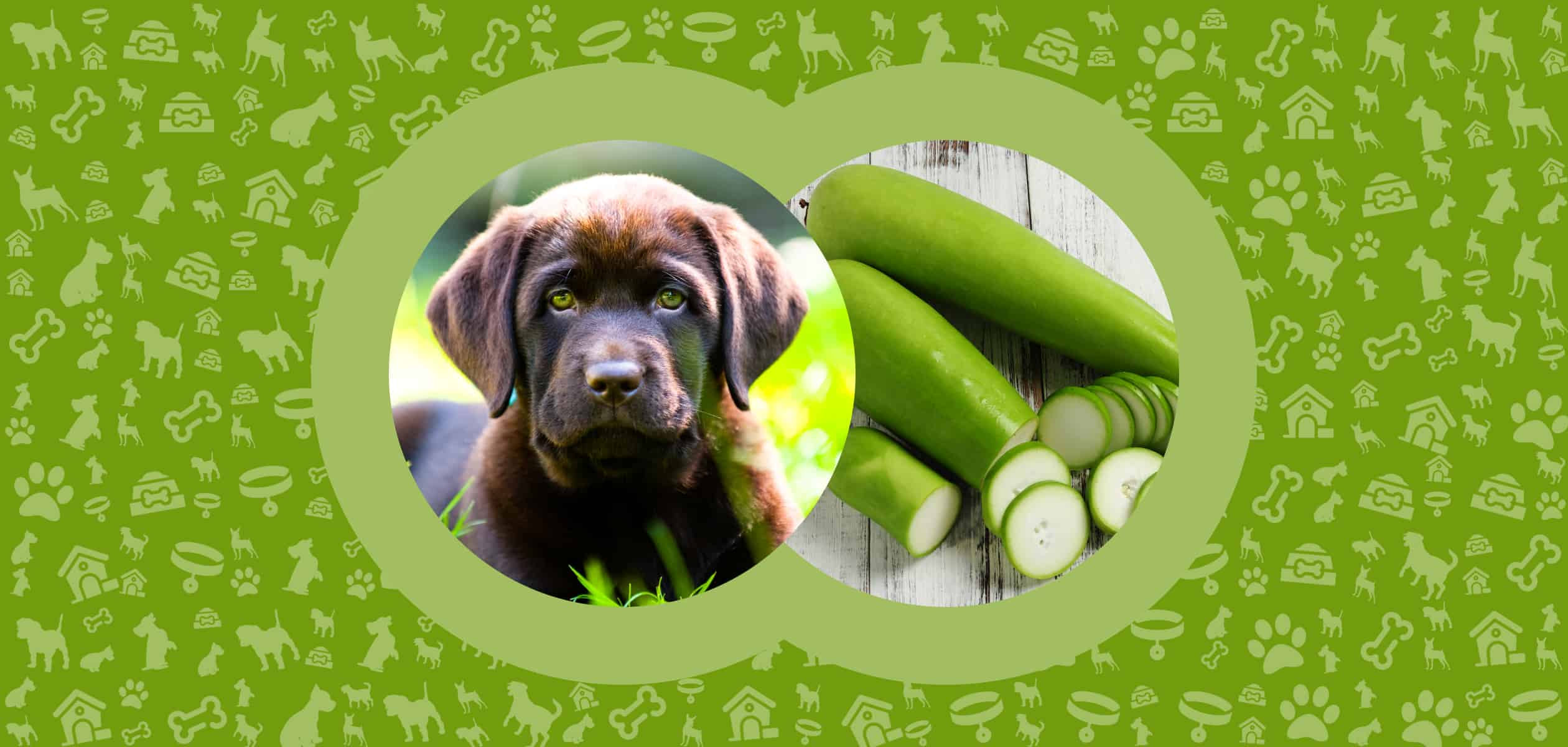
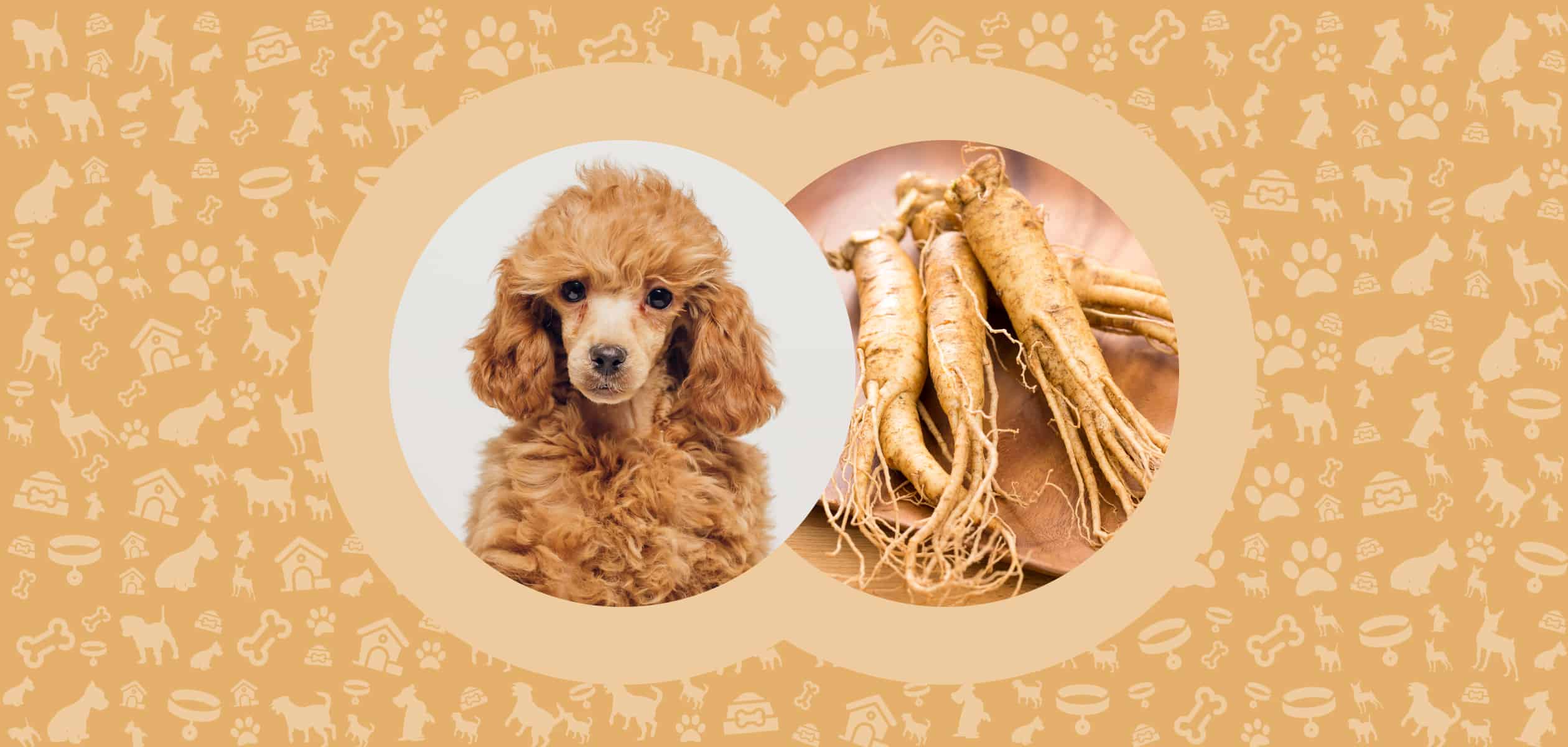
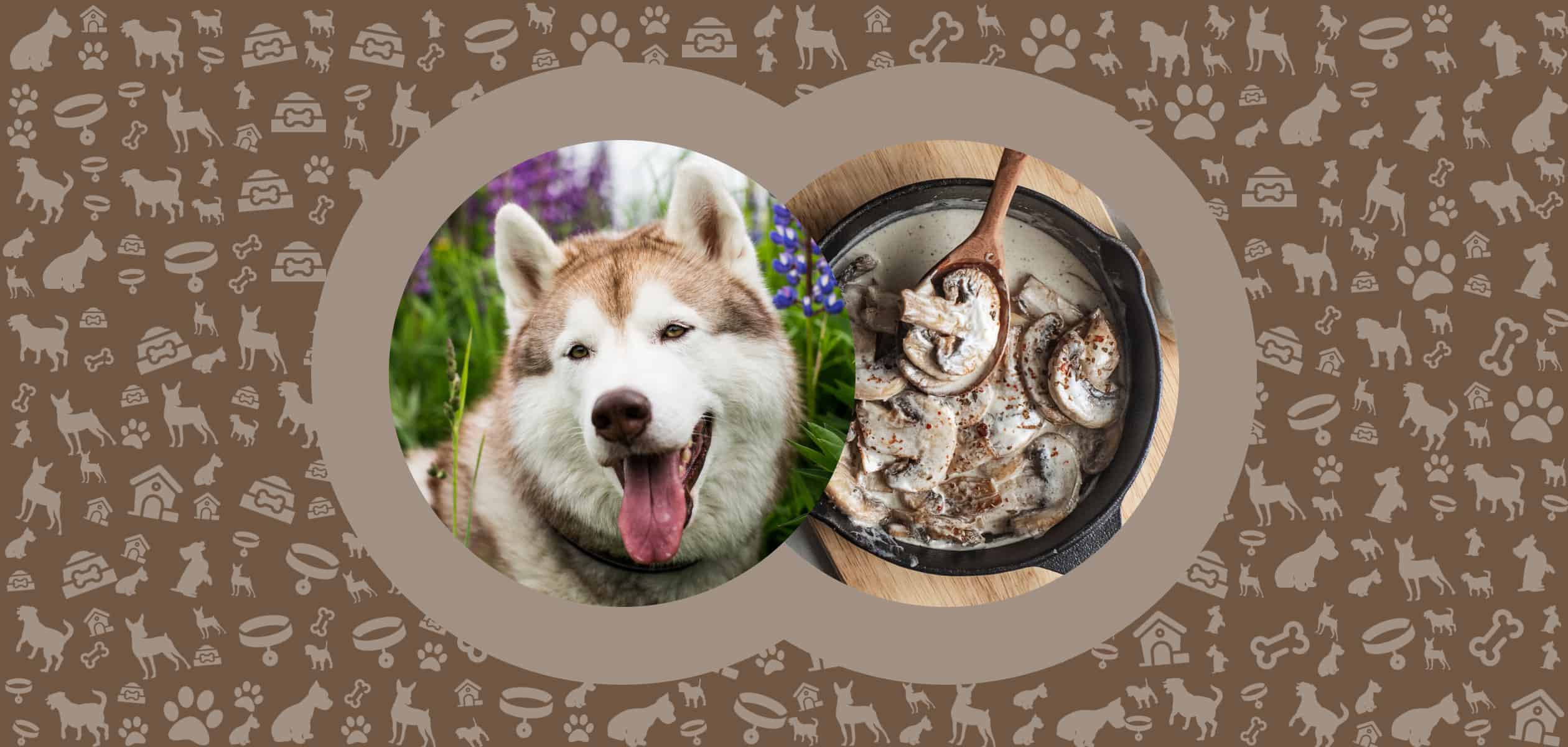
Leave a Comment